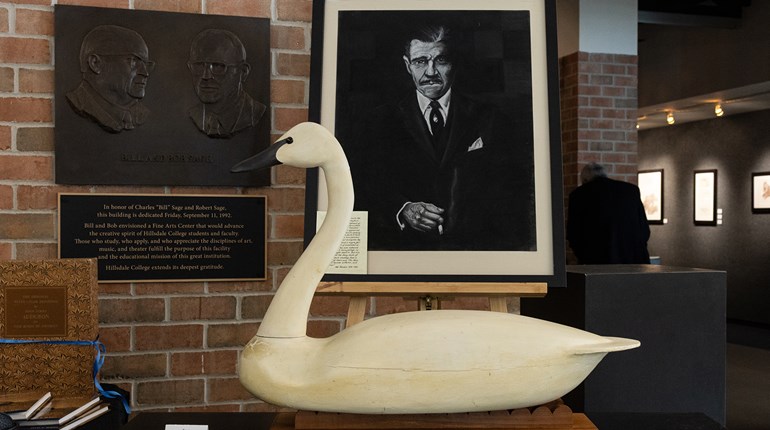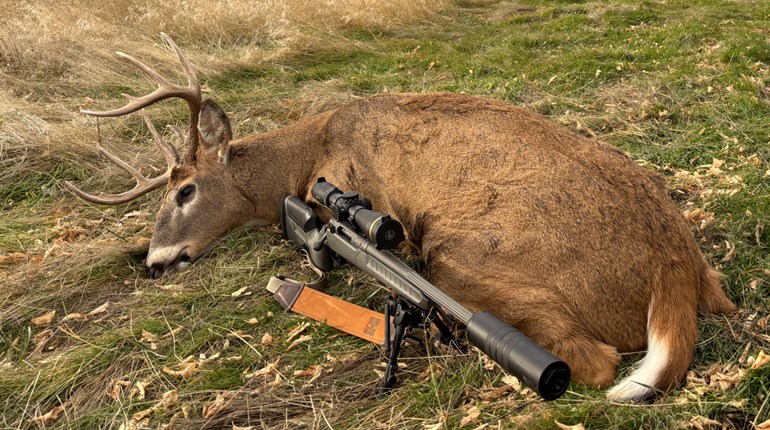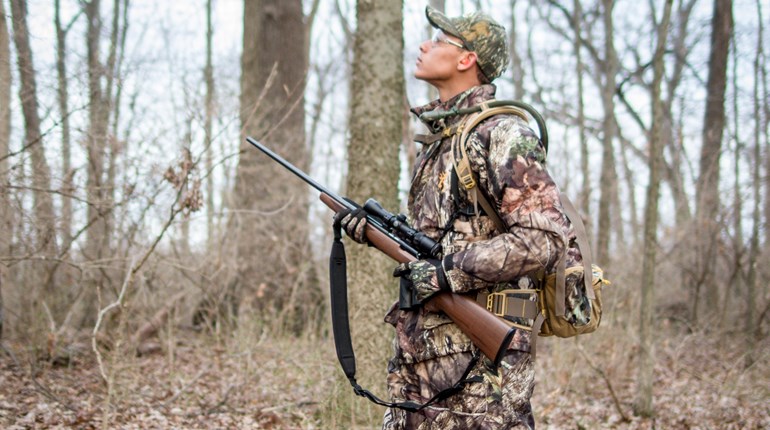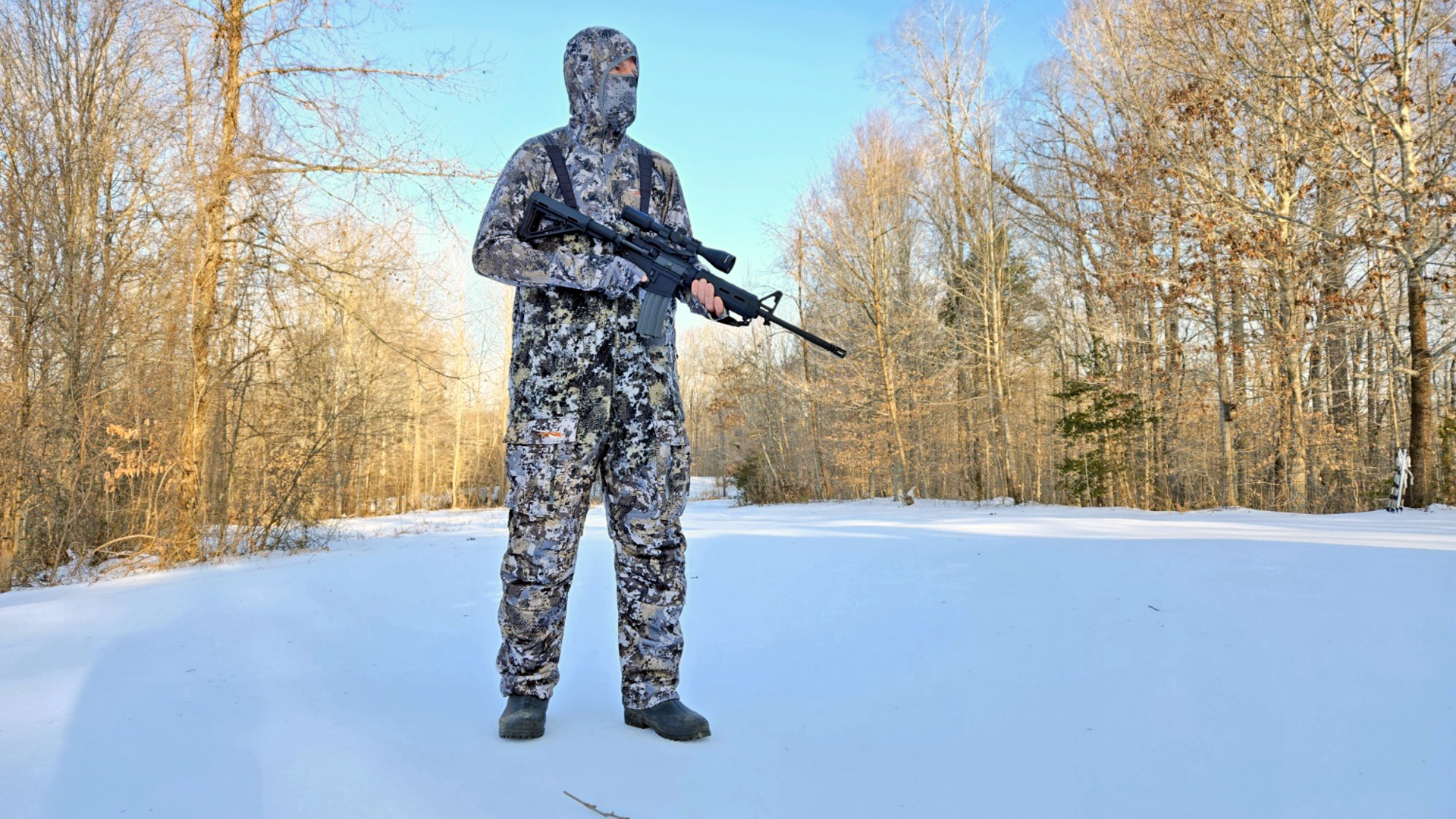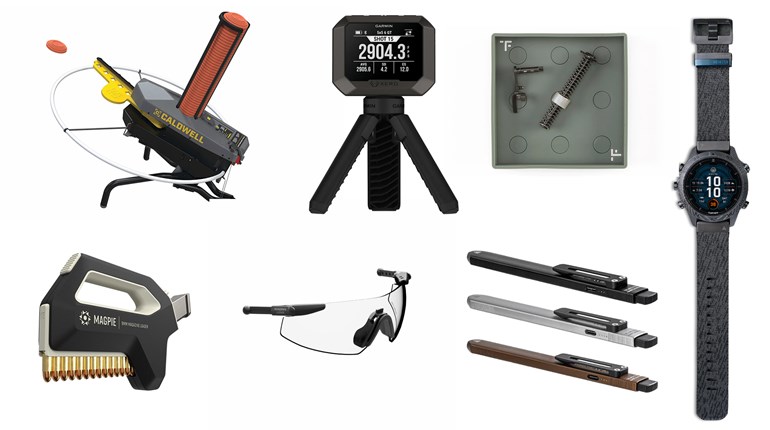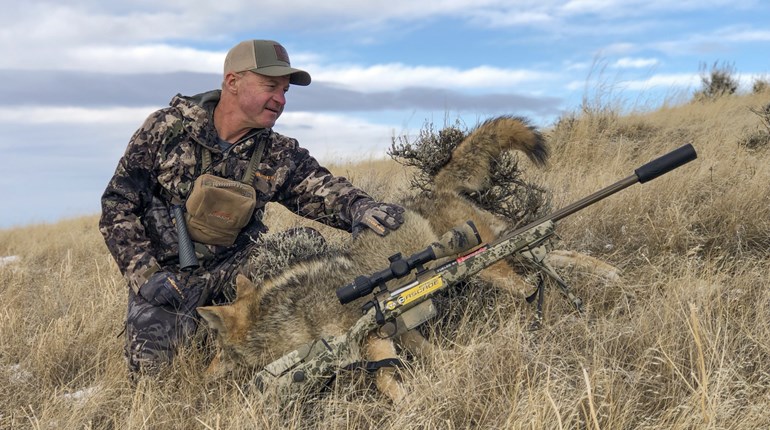
Even though hunters are the marrying type, they often spar with their spouses each autumn about their time away from home.
And yes, hunters are “the marrying type.” When the research firm Responsive Management recently studied Southeastern hunters—roughly the 15 states from Texas to Virginia—it found 73 percent were married. In contrast, the most recent U.S. Census Bureau data show 50 percent of Southeastern adults were married. And although divorce and separation rates were roughly the same, researchers found hunters were less likely than non-hunters to be widowed (1 percent vs. 6 percent).
But if hunters are so big on marriage, why do their foyers often display “Gone Hunting” or “We Interrupt This Marriage to Bring You the Hunting Season” knickknacks? And why do they forever seek marital advice from each other, especially from well-traveled hunters?
Two such “marriage counselors” are TV and podcast hosts Steven Rinella, 42, of “MeatEater” TV and podcasts; and Randy Newberg, 51, of “Fresh Tracks,” “On Your Own Adventures, and “Hunt Talk Radio: Randy Newberg Unfiltered.”
Rinella—who also has written four award-winning books and scores of magazine articles—and his wife, Katie, married eight years ago. They have three children, ages 1, 3 and 5. He spends about 100 days away from home each year to produce 18 episodes. He also travels roughly nine more weeks for speaking engagements and other business commitments.
Newberg and his wife, Kim, married 27 years ago. He, too, hunts away from home 90 to 100 days each year for his shows. He also serves on the Rocky Mountain Elk Foundation’s board of directors, and regularly travels to state capitals and Washington, D.C., to testify on legislation affecting public access. Those commitments add about another month of annual travel.
When speaking with fans, Rinella and Newberg often are asked about marriage. “They raise their hand and ask how I get my wife to let me hunt so much,” says Newberg. “They must think I have something figured out, but I tell them the noose doesn’t loosen with time. I also know I married so far up life’s ladder that I couldn’t see the rungs from where I started. If I hadn’t met my wife, I’d be sitting in a bar where I grew up in Big Falls, Minn., and there’d be a stool with my name on it.”
Rinella is equally devoted and grateful. “I love hunting and fishing, and I love being married,” he says. “When I wake up, I tell myself that my main job today is to not get myself divorced. I’m dead serious. That’s my goal. I truly love, admire and respect my wife. I value her judgment. She’s our family’s leader. Her impulses are right. She’s less selfish than I am. So when I joke about being afraid of her, it’s more that I fear upsetting the strong, content home we’ve created for our kids.”
How, specifically, do Rinella and Newberg maintain happy marriages while being gone half the year? They offer these fun, smart, heartfelt tips:
“You must value peace more than justice,” says Newberg. “Don’t insist on proving you’re right. Winning an argument at all costs is financially and emotionally expensive, and you won’t get to hunt as much. Let them be right. They’re right half the time anyway.”
“It’s no good to seethe and think, ‘I’ll show her! Wait till she asks for something!'” says Rinella. “That’s when it escalates, and it’s like, ‘What are you going to do now, dude?’ No. It’s not worth it.”
“Set a strong precedent while dating,” Rinella says. “Lead the life you want to live 10 years into marriage. If you normally go hunting or fishing over Thanksgiving while you’re single, don’t quit going while you’re dating.”
Adds Newberg: “Make sure she knows who you are during the test drive. Do not surprise her after she’s bought the car.”
“Pick your battles, and respect her turf,” says Rinella. “On issues involving our kids, our finances, how we structure our house, and how we allocate our time for family, holidays and social life, that’s mainly her area. I have input, but I don’t fight about it.”
Newberg doubles down here: “The best deal I ever made was when we built our house in 2004. I told my wife she could take 15 percent of the house’s cost and add it to furnishings. Whatever the amount is, fine. In return, I don’t want to hear another thing about my hunting or fishing. Ever. She jumped on that like a rat on a Cheeto.”
“If you want to hunt a lot, don’t be handy around the house,” says Newberg. “If you own a chainsaw, a woodstove, a lawnmower and a weed-whacker, cross one week off your hunting schedule for each one of those devices. If you want to hunt a lot, sell your tools. How many guys do you know who built their own home who also hunt a lot? None. But before I leave on my first trip each fall, I make sure the snowblower is ready, with a full can of gas next to it, and the smoke alarms all have fresh batteries.”
“Be open with your schedule,” says Rinella. “Get a dry-erase wall calendar and put everything on it. If you might be gone eight or nine days, put down nine. It’s better to be apocalyptic. If it turns out you aren’t gone as long, that’s okay. But if you’re not coming home until Aug. 15 and you've told your wife it's Aug. 14, she'll hate you.”
“I used to tell my wife about the two tags I had for October,” says Newberg, “but I wouldn’t tell her about my back-to-back Iowa and Kansas deer hunts over Thanksgiving. That wasn’t a good idea. Now I put everything on that calendar.”
“Leave on a Monday, come back on a Friday,” says Rinella. “Do not leave on a Saturday morning and return on a Sunday night. That’s trouble. It looks like you’re ducking out. Leaving on a Monday after a weekend with lots of family time, that’s slick. And never come home late. I don’t care if you’ve been unsuccessful and tomorrow is clearly the best time to hunt.”
“Call home every day,” says Newberg. “That’s important to my wife, even though we usually talk only three or four minutes. A lot of times I hike or drive somewhere after dark to get reception. That means a lot to her.”
“We don’t do that,” says Rinella, “but I like making the call that says I’ll be home early.”
“Don’t expect a homecoming parade when you return,” says Rinella. “If you sneaked out before the kids got up Monday morning, don’t expect a Daddy’s-home, cancel-your-plans, special-dinner reception. No matter how late I get home, I don’t talk about my rough trip and my need to sleep in to recover. My nose is to the grindstone. I’m up with the kids, doing breakfast, and letting her sleep in.”
“I have a charge account with the florist,” adds Newberg. “I call him as I’m leaving town and tell him to make sure my flowers are there at 1 o’clock Monday afternoon.”
“If you want taxidermy around your house, stand firm right away or forget it,” says Newberg. “I folded that tent early in our marriage and she never forgot. She said it might be art in my family, but in hers it’s just dead animals. My mounts stay in the ‘Randy Room.’”
So, what’s the best way to remain a happily married hunter? Maybe it’s considering whether your hunting trips are exposing weaknesses and sore points in your home life.












